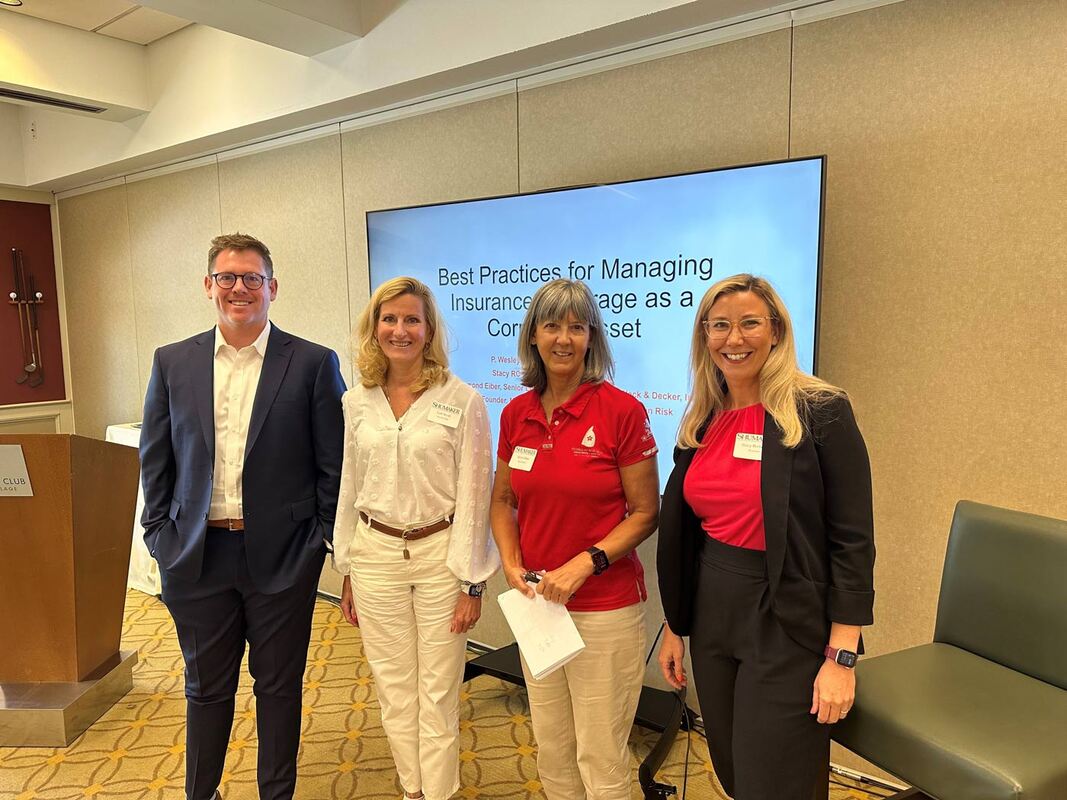Please join Mark Siwik, Attorney at SandRun Risk, Diana S. Gliedman, Shareholder at Anderson Kill, and Mollie N. Werwas, Founding Member at Airdo Werwas who will be speaking in an upcoming Strafford live video webinar, "Reconstructing Coverage Under Missing Policies: Sources of Evidence, Burdens of Proof, Scope of Coverage" scheduled for Tuesday, April 4, 1:00pm-2:30pm EDT. Historically, the corporate risk management department has been based on the partnership engagement model in that the department was viewed as an adjunct function that supplied ancillary services to the core business. A core tenet to this approach is the mindset that the sole purpose of risk management is to prevent bad things from happening and to address the financial consequences of bad things happening, usually through insurance. This article explores how this model can be improved upon and, more importantly, how corporate risk management departments can become an indispensable partner that contributes to the success and productivity of the organization.Guest Essay: It’s So Simple: Seven Steps to Creating a Community Captive Insurance Company2/27/2023 Todd Welch joins us to discuss how insurance and risk management functions best when it is a community of practice developed and nurtured by business leaders and groups who know and trust each other. This first of seven articles on community risk management and captive formation explains the history of insurance and society’s need for better ways to manage and share risk.I recently spoke at the RIMS 2022 conference with Sarah Lincecum of Lathrop GPM about insurance coverage for PFAS liabilities. The following summarizes our presentation.Part I shared some of Roger Estall’s background and experience from working more than 40 years in diverse fields providing practical guidance to help organizations deal with uncertainty. Part II focuses on Roger’s work on an Australian and New Zealand guideline for risk financing, including the use of commercial insurance. Part III focuses on Roger’s new book on decision-making that he co-authored with Grant Purdy.The Future of Corporate Risk Management: Part II - Building Strong and Healthy Communities5/28/2022 Historically, the corporate risk management department has been based on the partnership engagement model in that the department was viewed as a partner that supplied ancillary services to the core business. Using the COVID 19 pandemic as a backdrop, we will explain why this model has become outdated and how corporate risk management departments can evolve in ways that contribute to the success of the organization.Part I shared some of Roger Estall’s background and experience from working more than 40 years on helping organizations address uncertainty, developing public standards across a wide field of related topics, and co-authoring a book entitled Deciding. Part II focuses on Roger’s work to help create a Guideline for “risk financing” options, including commercial insurance.Historically, the corporate risk management department has been based on the partnership engagement model in that the department was viewed as a partner that supplied ancillary services to the core business. Using the COVID 19 pandemic as a backdrop, we will explain why this model has become outdated and how corporate risk management departments can evolve in ways that contribute to the success of the organization. |
AuthorsLori Siwik and Mark Siwik are the founders of SandRun Risk. They apply the principles of vertical leadership and lean six sigma to the discipline of risk management. From time to time they share their blog with guest authors who write about important risk management principles. Categories
All
Archives
March 2023
Categories
All
|











 RSS Feed
RSS Feed